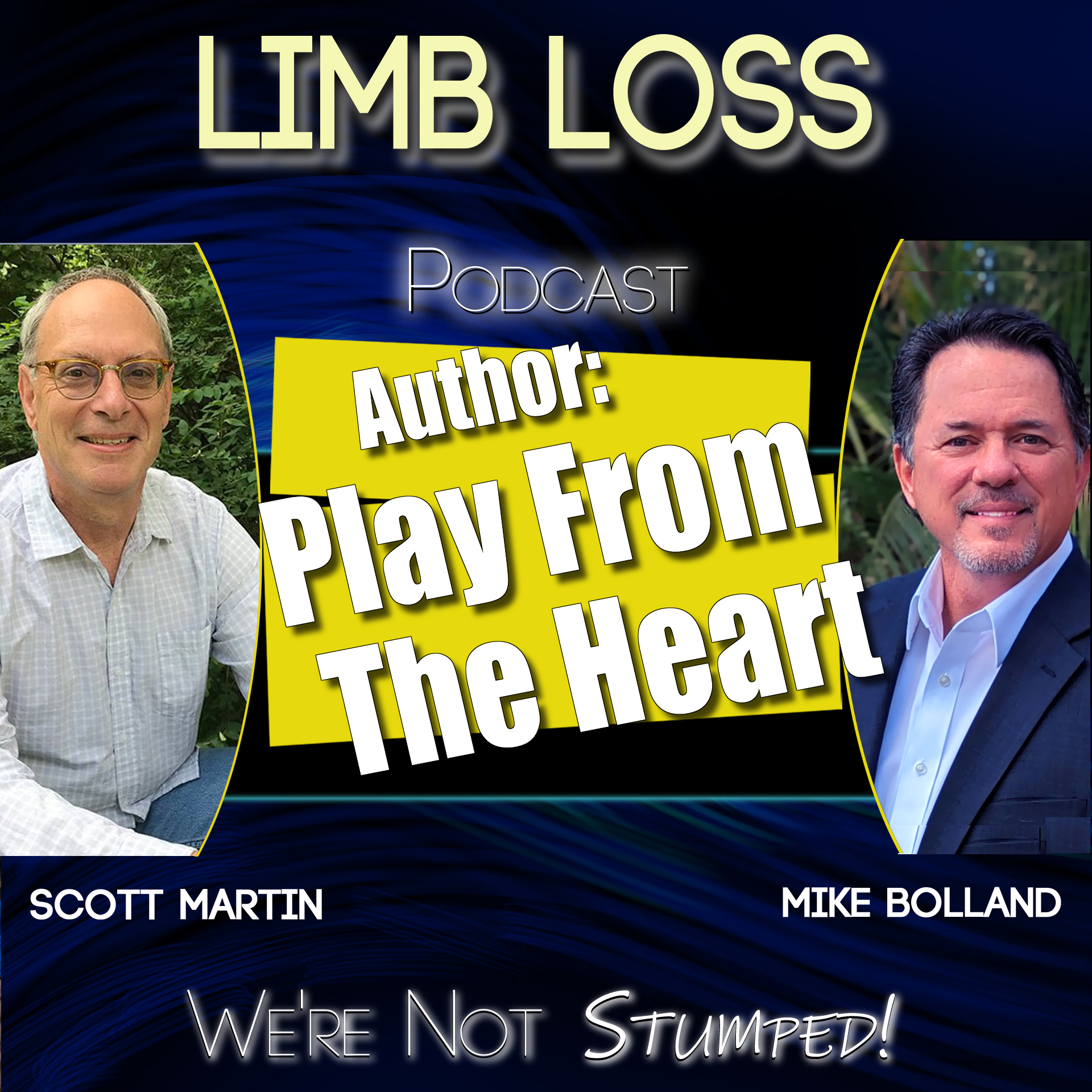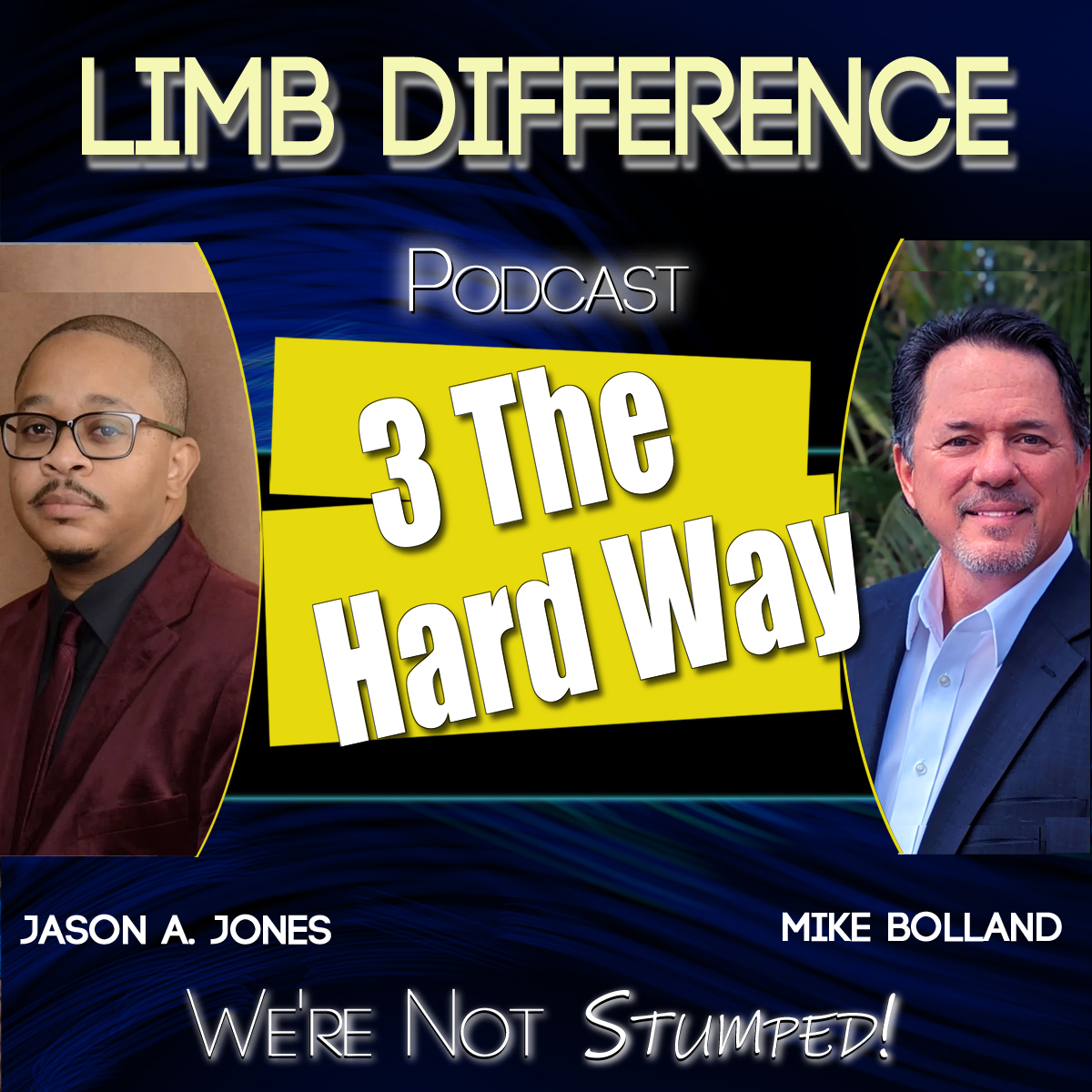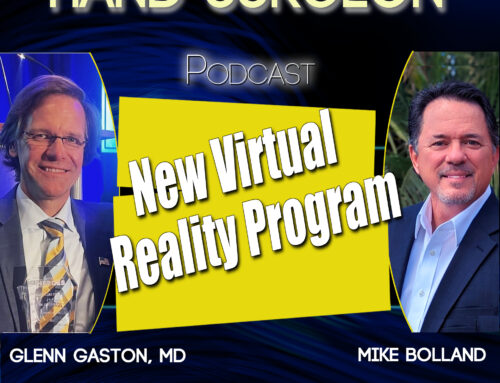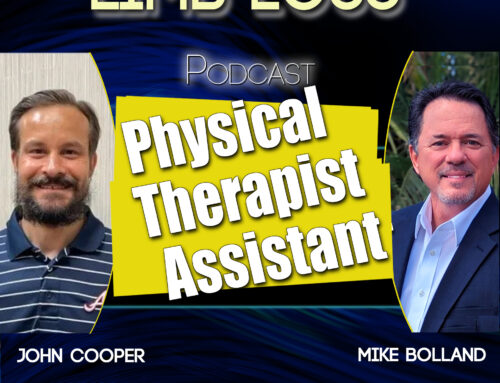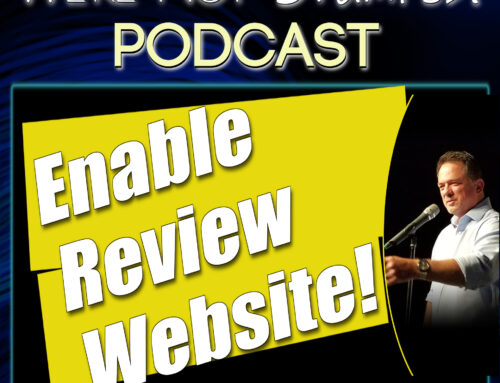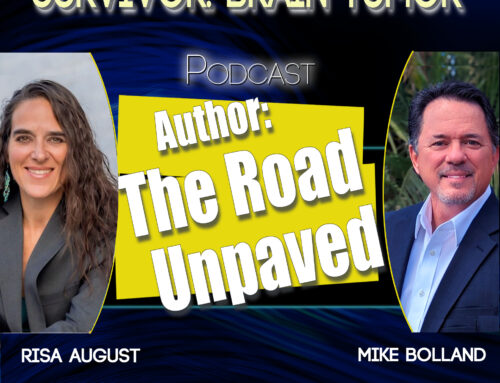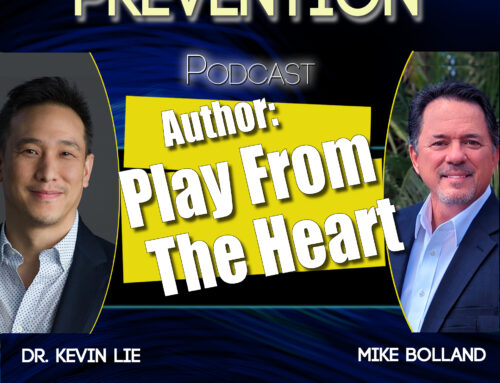In this episode of We’re Not Stumped, host Mike Bolland sits down with Tim Balz, founder and CEO of Kalogon, (https://www.kalogon.com) to discuss how cutting-edge technology is improving mobility and independence for wheelchair users.
Tim’s journey started in high school when he began refurbishing wheelchairs to help people in need. That passion evolved into a career in assistive technology, leading to the creation of Kalogon—a company developing AI-powered smart cushions designed to prevent pressure injuries and enhance comfort for wheelchair users. These cushions actively redistribute pressure, helping to reduce the risk of pressure sores, discomfort, and long-term health complications that many wheelchair users face.
Throughout the conversation, Tim shares the inspiration behind Kalogon, the science behind its smart cushions, and how his team is using technology, data, and user feedback to create innovative solutions. He also discusses the future of mobility technology, including how AI and personalized care can further improve the quality of life for people with disabilities.
Mike and Tim also explore the challenges of starting a company in the accessibility space, the importance of inclusive design, and how Kalogon is working alongside healthcare professionals and wheelchair users to bring life-changing innovations to the mobility community.
Tune in for an insightful conversation about innovation, advocacy, and the future of assistive technology. Whether you’re a wheelchair user, a caregiver, or simply interested in groundbreaking advancements in mobility, this episode is packed with valuable insights!
0:00 – Intro
0:45 – Tim Balz discusses his early life
2:30 – Tim Balz discusses his early introduction to wheelchairs
3:26 – Tim talks about his parents influence
4:20 – Wheelchair invention that impressed Stephen Hawking
7:15 – Tim Balz talks about landing at SpaceX
11:55 – Tim talks about his passion for helping others
14:00 – Welcome Discount Tire as a sponsor
15:47 – First product from Kalagon
20:18 – Pressure injury threat
23:16 – Smart Wheelchair Seat Success Story
25:05 – Wheelchair Smart Cushion Explained
29:20 – A look to the future
Listen on Apple Podcasts
Watch on YouTube
Listen on Spotify
In this deeply moving episode of We’re Not Stumped, host Mike Bolland welcomes Scott Martin, a bilateral hand amputee, soccer coach, and author of the upcoming memoir Play From Your Heart. Scott opens up about the life-altering infection in 1993 that led to the loss of both hands and parts of his feet, and the emotional aftermath that followed. He speaks honestly about denial, detachment, and the five-year struggle with depression that tested his identity, confidence, and purpose.
This special Christmas episode of We’re Not Stumped is a heartfelt reflection from host Mike Bolland on resilience, community, and gratitude during the holiday season. Instead of an interview, Mike takes a few minutes to acknowledge the realities many people in the limb loss and disability community face during the holidays — from accessibility challenges and family dynamics to grief, growth, and adapting to change — all with warmth and a touch of humor. Mike also shares what this podcast has taught him over the past year and gives a heartfelt shout-out to some incredible guests who trusted him with their stories.
In this inspiring episode of We’re Not Stumped, host Mike Bolland sits down with Jason A. Jones—motivational speaker, author, and founder of Positive Pieces—for a powerful conversation about resilience, mindset, and growing up with a congenital hand difference. Mike and Jason share a unique connection: both were born with a difference in their right hand. Together, they explore the realities of childhood, school, friendships, sports, and the challenges of first impressions when living with a visible disability. Jason reflects on the role his parents played in building confidence and accountability, encouraging him to adapt without excuses and believe in his own abilities. Jason also discusses his motivational memoir, 3 the Hard Way, which chronicles his journey from adolescence through college—including major setbacks like a serious car accident, job loss, and navigating employment with a disability. The conversation dives into the importance of mindset, and how resilience is built through lived experience.

